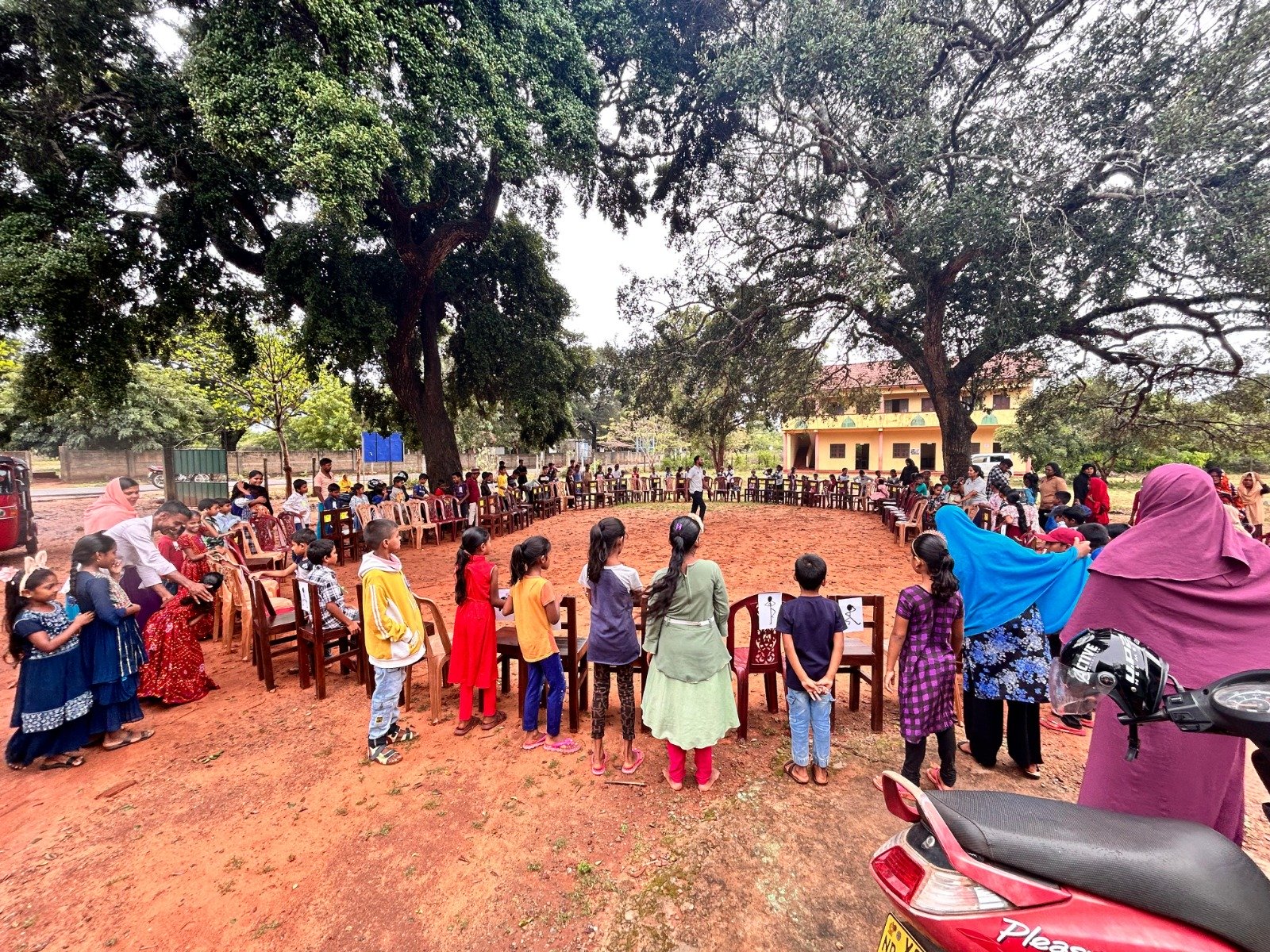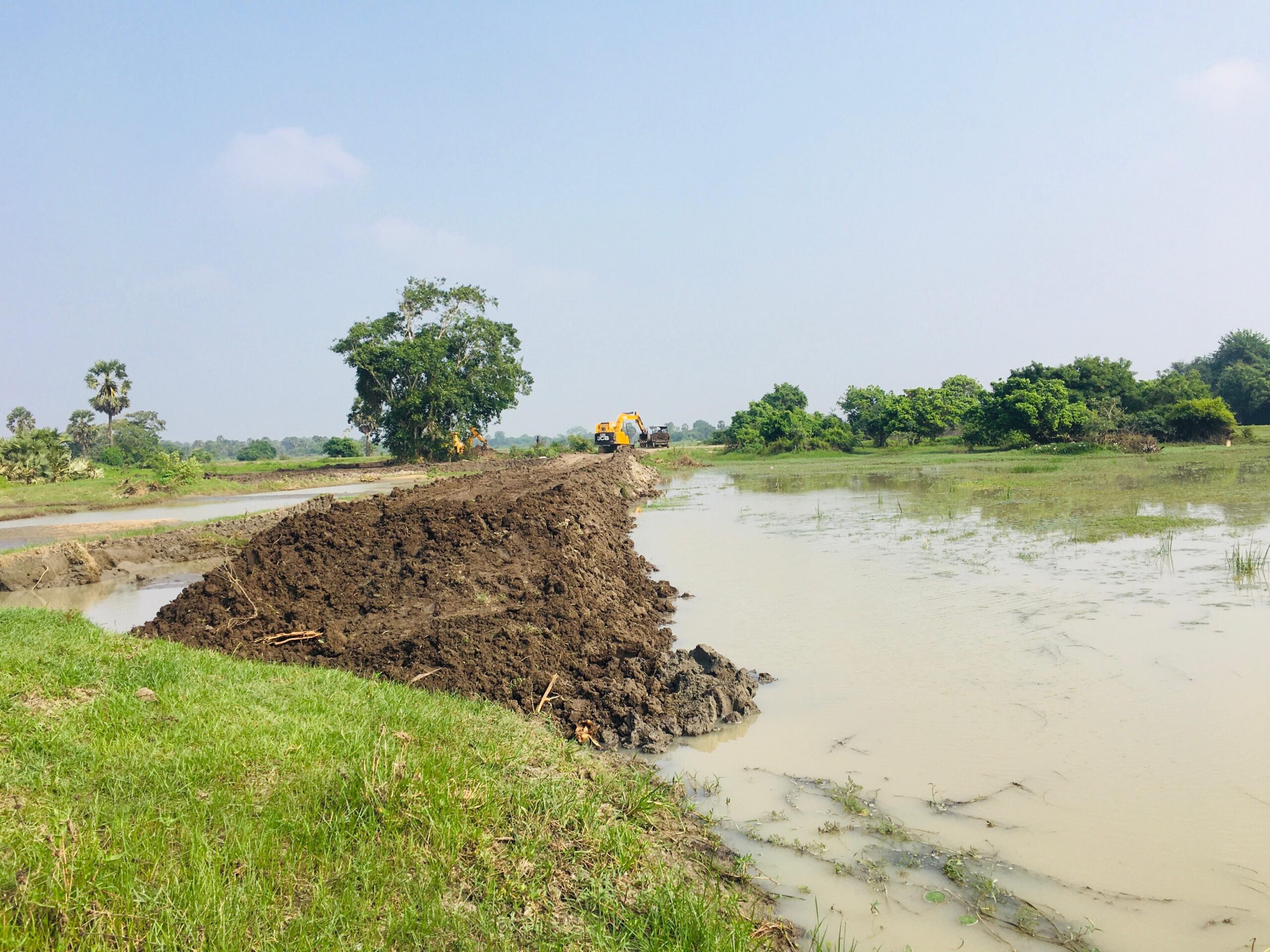Gender Equality, Disability and Social Inclusion (GEDSI) are fundamental principles that drive equitable and sustainable development. Recognizing the diverse needs and experiences of all community members is essential for creating a society where everyone can thrive. OPEnE is guided by the vision of a “Pluralistic Sri Lanka where everyone is empowered and included,” and we are committed to integrating GEDSI into all aspects of our work. This blog explores how OPEnE promotes GEDSI in its development projects, ensuring that no one is left behind.
In the communities where OPEnE works, marginalized groups, particularly women, often face significant challenges. These can include limited access to resources, decision-making processes, and economic opportunities. To address these disparities and promote GEDSI, OPEnE undertakes several key initiatives:
Women’s Empowerment Programs: OPEnE designs and implements programs that provide women with the skills, resources, and opportunities they need to enhance their economic and social well-being. These programs focus on building their capacity, promoting leadership, and fostering entrepreneurship.
Self-Help Groups (SHGs): Self-Help Groups play a crucial role in empowering women and promoting their economic and social development. OPEnE facilitates the formation and strengthening of SHGs, providing women with a platform for collective action, savings, and access to credit. These groups also enable women to participate in community decision-making processes and advocate for their rights.
Psychosocial Support: Recognizing the importance of addressing the psychosocial needs of marginalized groups, OPEnE provides support services that promote mental health, healing, and resilience. These services are designed to help individuals and communities overcome trauma, build coping mechanisms, and foster social cohesion.
Inclusive Development: OPEnE is committed to ensuring that all community members, including marginalized groups and persons with disabilities are involved in the design, implementation, and evaluation of development projects. This inclusive approach ensures that the needs and voices of all stakeholders are considered, and that projects contribute to equitable and sustainable outcomes.
Examples
OPEnE’s initiatives demonstrate a strong commitment to GEDSI across various projects. For example, the Self-Help Group initiatives have significantly empowered women in the fisheries and agricultural sectors, providing them with access to finance, training, and markets. These groups have not only improved women’s economic status but also enhanced their social capital and decision-making power within their communities.
Conclusion
Promoting Gender Equality, Disability and Social Inclusion is not just a moral imperative; it is essential for achieving sustainable and equitable development. OPEnE remains dedicated to integrating GEDSI into all our work, ensuring that our projects empower marginalized groups, promote social justice, and contribute to a more inclusive society.



